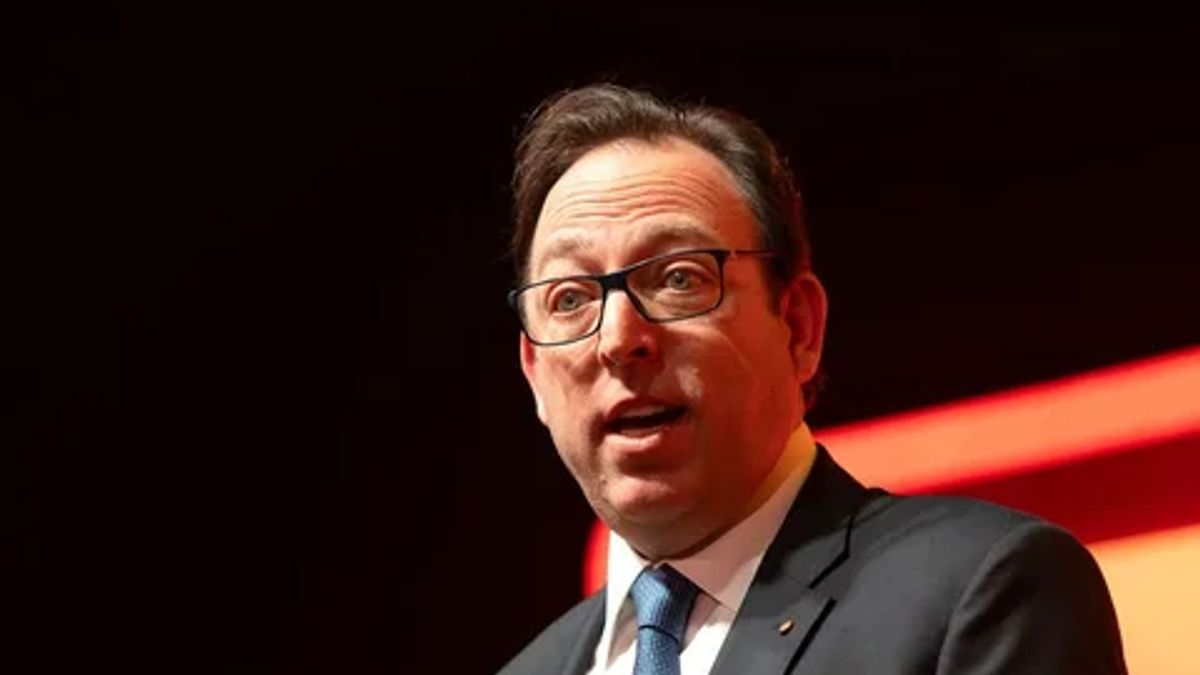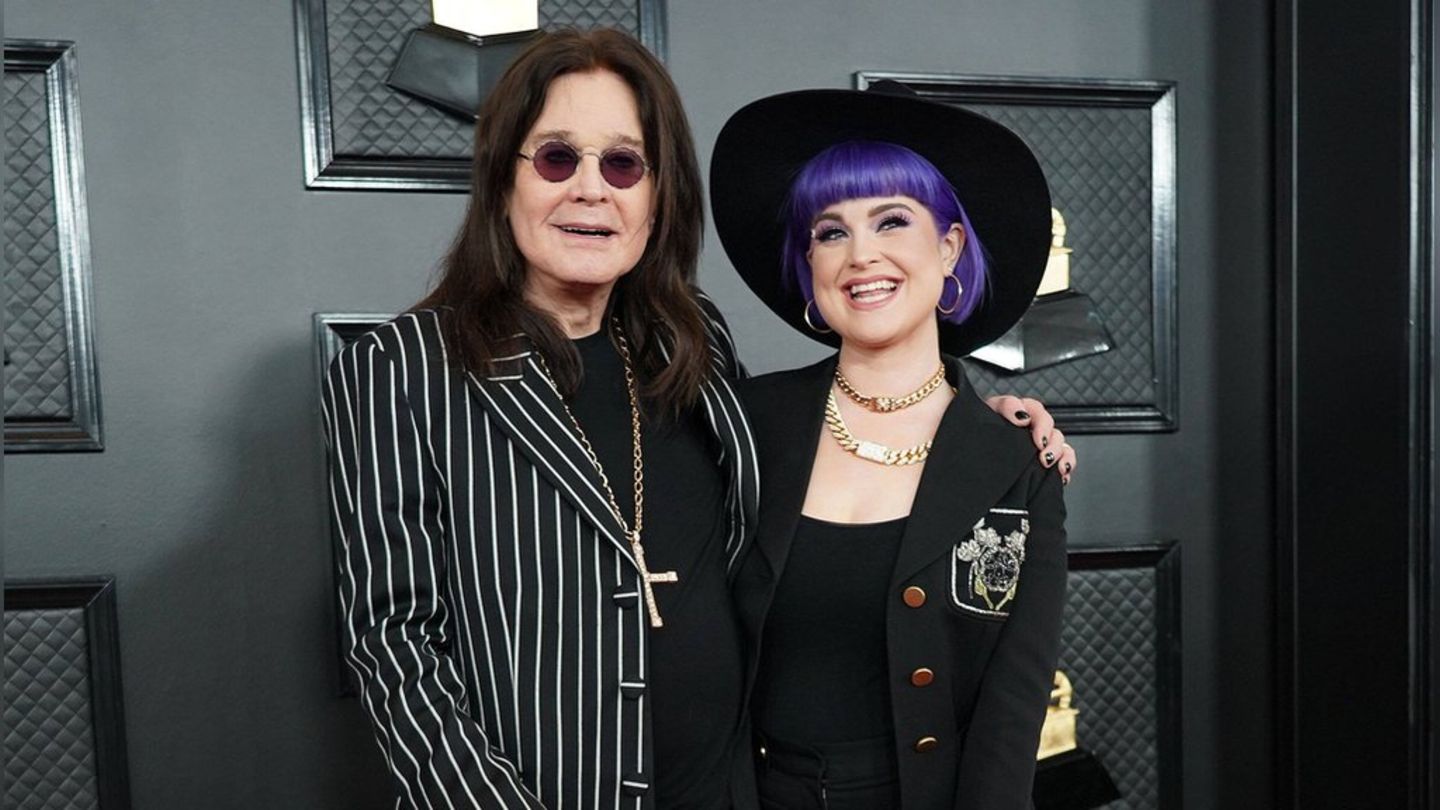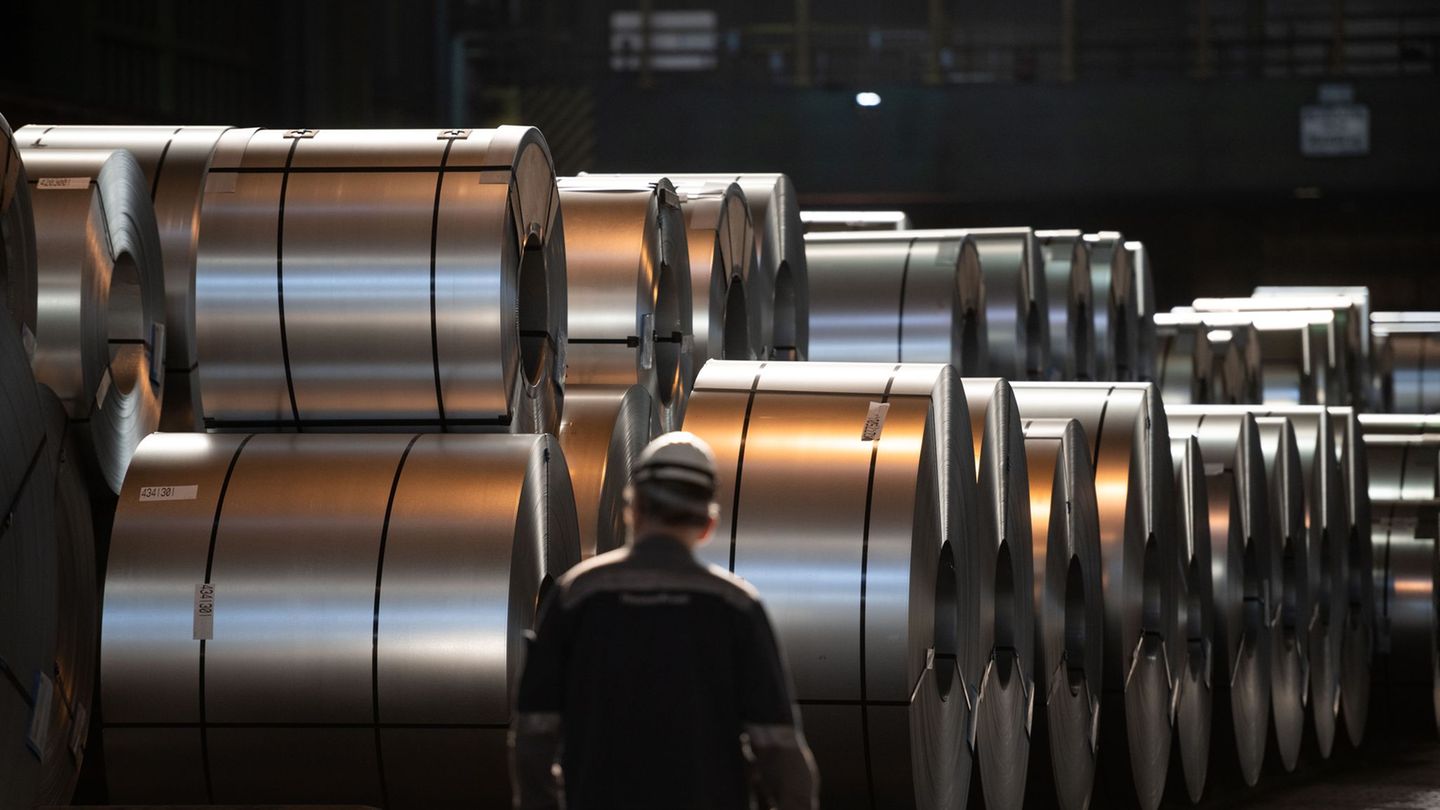Who is Germán Burmeister?
German Burmeister He is a petroleum engineer, gas trading expert and has been in the industry for more than 30 years. Before becoming CEO, he served as Senior VP and Country Chair of the company in Kazakhstan. He has extensive knowledge of the sector in Brazil and returned to Argentina this year with the mission of increasing activity in Dead Cowand develop Shell’s LNG plan?
In December 2023, he celebrated his 30th anniversary of graduating from ITBA’s petroleum engineering career along with his former colleagues, current directors of other important companies in the sector.
Germán Burmeister CEO of Shell
The arrival of Germán Burmeister to the position of CEO of Shell coincided with the company’s 110th anniversary in Argentina.
Journalist: There was a lot of talk at AOG Patagonia about transforming Argentina’s “potential” in the hydrocarbon sector into “reality”, for example, with a production of 1.5 million or 2 million barrels of oil. Is it possible?
Germán Burmeister: The reality is what was seen at the AOG. I returned to Argentina not long ago, I have missed many events, but I think I am not wrong if I say that what I saw at the exhibition had not happened for a long time. I think it’s a good sign that something is happening, something is happening. The question is not if it will happen, but how quickly it can happen and in what way, if it is safe and efficient, that is the challenge for the entire industry.
Journalist: Can measures such as lifting the stocks on the dollar accelerate it?
GB: The stocks are an important issue, not necessarily in the short term. The important thing is to have a clear vision of the macroeconomy, a country where there is free access to foreign currency is essential. But there are infrastructure issues, national, provincial, municipal, that also have to be worked on, such as training and human capital. You cannot reach one and a half million barrels, or whatever number you want, without competent human capital to deliver safe and competitive work.
Journalist: What is Shell’s investment plan in Argentina?
GB: We are investing between 500 and 600 million dollars per year, and we plan to double it in the coming years. It would be 1.2 billion per year. The expectation is positive, the RIGI has been an important step. When you look at our industry, the foreign exchange balance a couple of years ago was negative, with gas imports of 2,000, 3,000, and even 4,000 million dollars per year. And today we are faced with a reality that is the opposite. This year will probably end with a surplus of 3,000 or 4,000 million dollars, which in reality is 8,000 million dollars that are no longer a problem for the Government. What’s more, quite the opposite, there are 3,000 or 4,000 million dollars of additional foreign currency. With all this potential that we are talking about, we can change the face of Argentina’s economy. Speaking in football terms: we are in another league.
Journalist: What is needed to accelerate activity in Vaca Muerta and have greater production?
GB: We are considering whether we need to include a second exploration team in the not too distant future to achieve our plan. That is linked to the level of investments, the ceiling or the available capital that we have per year to invest. We have a combination where we make wells, infrastructure, and hydrocarbon treatment plants.
Journalist: What is the objective?
GB: Our first major objective is to increase the production of 50,000 to 70,000 barrelsthat is the closest horizon.
Journalist: In what period?
GB: More or less in the next 12 or 18 months.
Journalist: Is the infrastructure sufficient for evacuation?
GB: The expansion (of pipelines) with Project Duplicate is good news and the South Dead Cow that YPF is promoting is another good news.
Journalist: Are you thinking about joining the construction of Vaca Muerta Sur?
GB: We are seeing it. Whether one participates, or how one participates, is a secondary issue. The important thing is that there is an important project that is being seriously worked on to help evacuate the potential of the basin in a competitive way, with access to deep water ports that allow Argentina to be more competitive in international markets.
Germán Burmeister CEO of Shell Sebastián D. Penelli
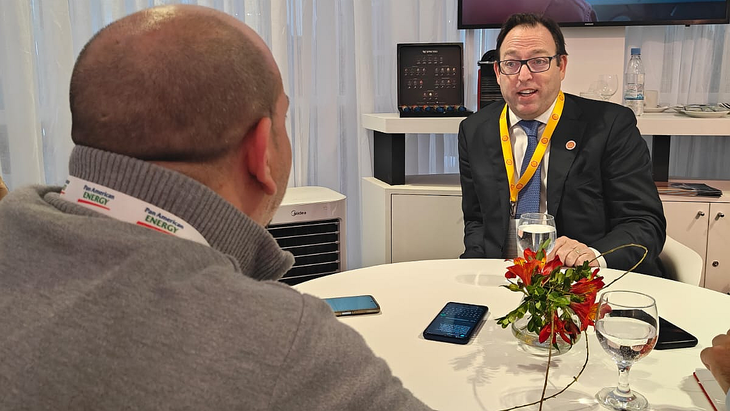
AOG Patagonia. Energy Report He visited the Shell Argentina stand to talk hand-in-hand with Germán Burmeister, the company’s CEO.
Journalist: Shell’s interest in participating in LNG projects, such as YPF, was also known. Can you confirm it?
GB: We are one of the largest energy players worldwide. In Argentina there are several projects in the pipeline. That of YPF, that of Pan American Energy and that of Tecpetrol. We are a world leader in LNG and it’s great that Argentina takes the field. We will see if we have to participate or not, and what is the best way to generate value for our company. Welcome that there is this interest from Argentine companies to generate projects like these.
Journalist: What can Argentina contribute to the energy transition, from the point of view of LNG production and export?
GB: A lot. From work, throughout the value chain, to currencies. To simplify and without being unfair to other industries, today Argentina is an agro-dependent country. Adding one more leg to the table helps the table have more balance. And that is the challenge that Argentina has, whether with lithium or the technology industry, the more legs the table has, the more balanced it will be. And that will help us continue growing, because the benefit is for the country and for all Argentines. He LNG It is part of that leg of the energy industry, which is not only oil and gas production, but also renewable energies, to help the Argentine economy. He LNG It is fundamental and I hope it happens.
shell_facility_13.jpg
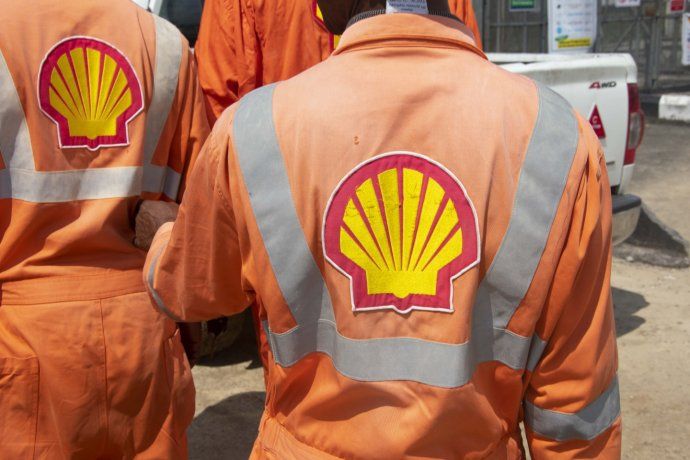
Journalist: A difficult time is coming for the country, with a summer of high temperatures and possible electricity outages. Isn’t the strong growth of the hydrocarbon sector a contradiction with that situation?
GB: I think not, the contrast is in not recognizing that Argentina has stopped doing many things that it should have done for a long time. For example, you have your house if something breaks and you don’t fix it, it will cost you more than if you had fixed it at the beginning. If you don’t maintain the heater, if you don’t do what you have to do, it’s going to cost you more and it’s going to happen to you at the worst time. You’re going to run out of water when you play the soccer game again and you want to take a bath in winter. And that is what Argentina has not done. And that’s what all of us, as an industry, as a society, have to do. We cannot have routes of the type that we have. I chose the province you want for the growth we have today, and it is difficult…
Journalist: (Interrupts) the routes to Añelo, the heart of Vaca Muerta…
GB: The route you want. That seriousness is where we have to go.
Journalist: And are we moving towards that seriousness?
GB: I think an industry like ours can help make that happen. Each one has to play their role. We are going to fulfill ours, which is to produce oil efficiently, safely and sustainably.
Source: Ambito
I am an author and journalist who has worked in the entertainment industry for over a decade. I currently work as a news editor at a major news website, and my focus is on covering the latest trends in entertainment. I also write occasional pieces for other outlets, and have authored two books about the entertainment industry.

